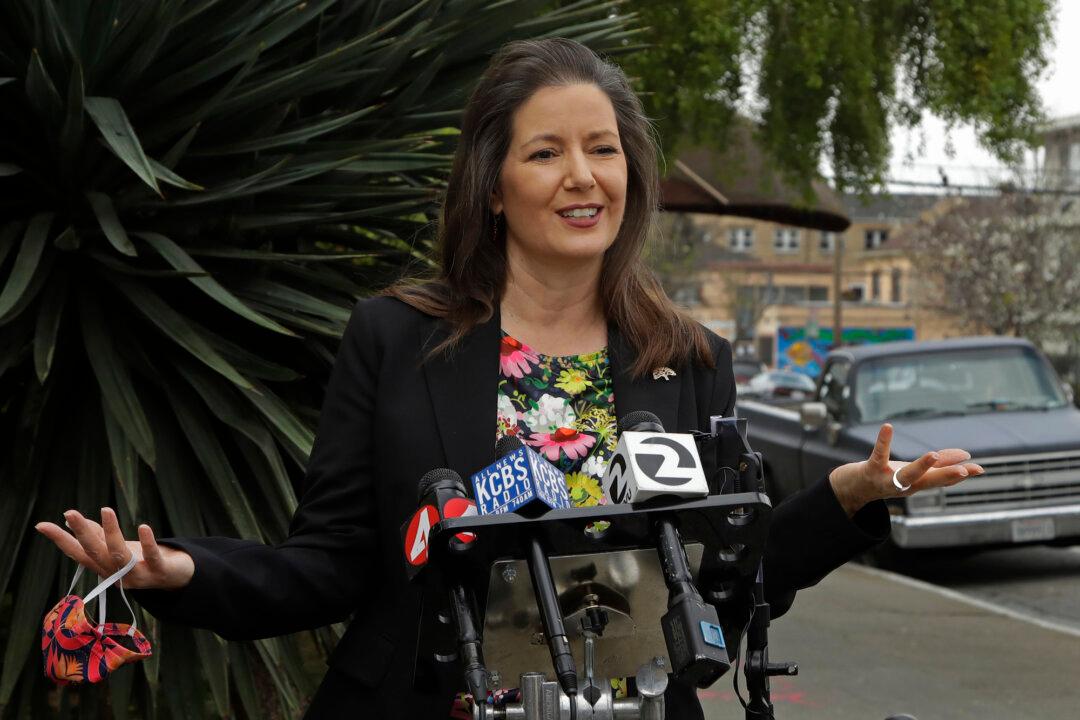The mayor of Oakland, California, on Tuesday announced a privately funded program that will give low-income families of color $500 per month in a trial program similar to the “universal basic income” idea that gained national attention when proposed by former presidential candidate Andrew Yang.
Under the 18-month long pilot that is to be up and running by summer, 600 families will receive $500 a month to spend as they choose, Oakland Mayor Libby Schaaf said in a statement.





